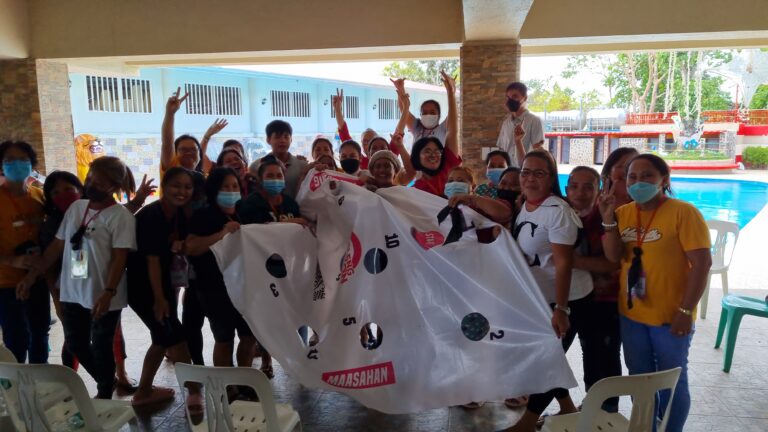Great team building doesn’t come from guessing—it comes from learning from great teams and borrowing proven best practices before you waste time on random activities. In this article, Jef Menguin shows practical ways to study winners—site visits, conferences, study groups, and systems thinking—so you build teamwork with evidence, not hope. Use this to upgrade how your team learns, then share it with your leaders so “teamwork” becomes a skill you practice, not a slogan.
Team building is both art and science. You will lead your team your way. You can also learn from the experiences of other teams. You can study the best practice. Yes, you can go to school with the winners.
1. Visit successful team-based organizations.
There are successful teams that can show you how winning gets done. This method is called best practice research.
Before you visit team-based organizations, make a list of your challenges. You will interview teams to determine how they handled those problems or problems similar to what you now have.
Consider also other problems they faced and how they handled each. One of these days, you might face the same issues – and you want to be ready when you get there.
2. Go to conferences of team-based organizations.
There are industry-wide conferences where you will get information about employee engagement, handling employees of a particular generation and profession, and team-based management.
Not only are conferences great for making new friends, but they also provide you with an education that you won’t get while busy working with your teammates.
No one person is the “expert” in team building. But learning from the collective wisdom of those who are handling teams will provide you with expert-level solutions.
3. Form study groups.
One best way to get your people involved in team building is to form study groups. You make everyone responsible for creating a high-performing team.
You can explore the steps in action learning. By teaching your team members how to answer their questions about team-building, they will work to improve teamwork while working.
Or you can assign your study groups a particular topic. For example, they can read the Five Dysfunctions of a Team by Patrick Leoncini. Each week they can discuss one dysfunction — and share their thoughts on how to apply what they learned.
4. Learn about different types of teams.
Different types of teams require specific competencies. Some teams are composed of people coming from sections or departments. Some are members of different team types.
When you understand each team type’s dynamics, you will be able to adapt from one team to another.
5. Get team-building education.
You can get a team-building trainer to introduce you to team competencies. Not everyone is adept at working with other people. By helping your people get the skills they need, you will be helping them become better team players.
You can find videos on Youtube where practitioners talk about team skills like interpersonal communication, collaborative decision-making, role clarification, and goal identification. These are free education you can forward to your team members.
6. Champion the “team concept.”
We are one. That’s a good slogan. A good team concept too. You are working in one direction and you desire that each person will recognize that.
The action of one will affect everyone.
Promoting a team concept goes beyond your slogan. Consider practices that will reinforce a team concept.
7. Explore systems thinking.
The action of one will affect everyone. Systems thinkers know this to be true. We are all parts of a system. We influence each other, though some have more influence than most.
As a learning strategist, I discovered that a title or a place in the organizational hierarchy does not determine one’s influence in the workplace. A company drive may have more effect in forming the attitude of team members than the company CEO. Words matter. Action matter.
Every single part of a system does matter. You can learn more about Systems Thinking here.
